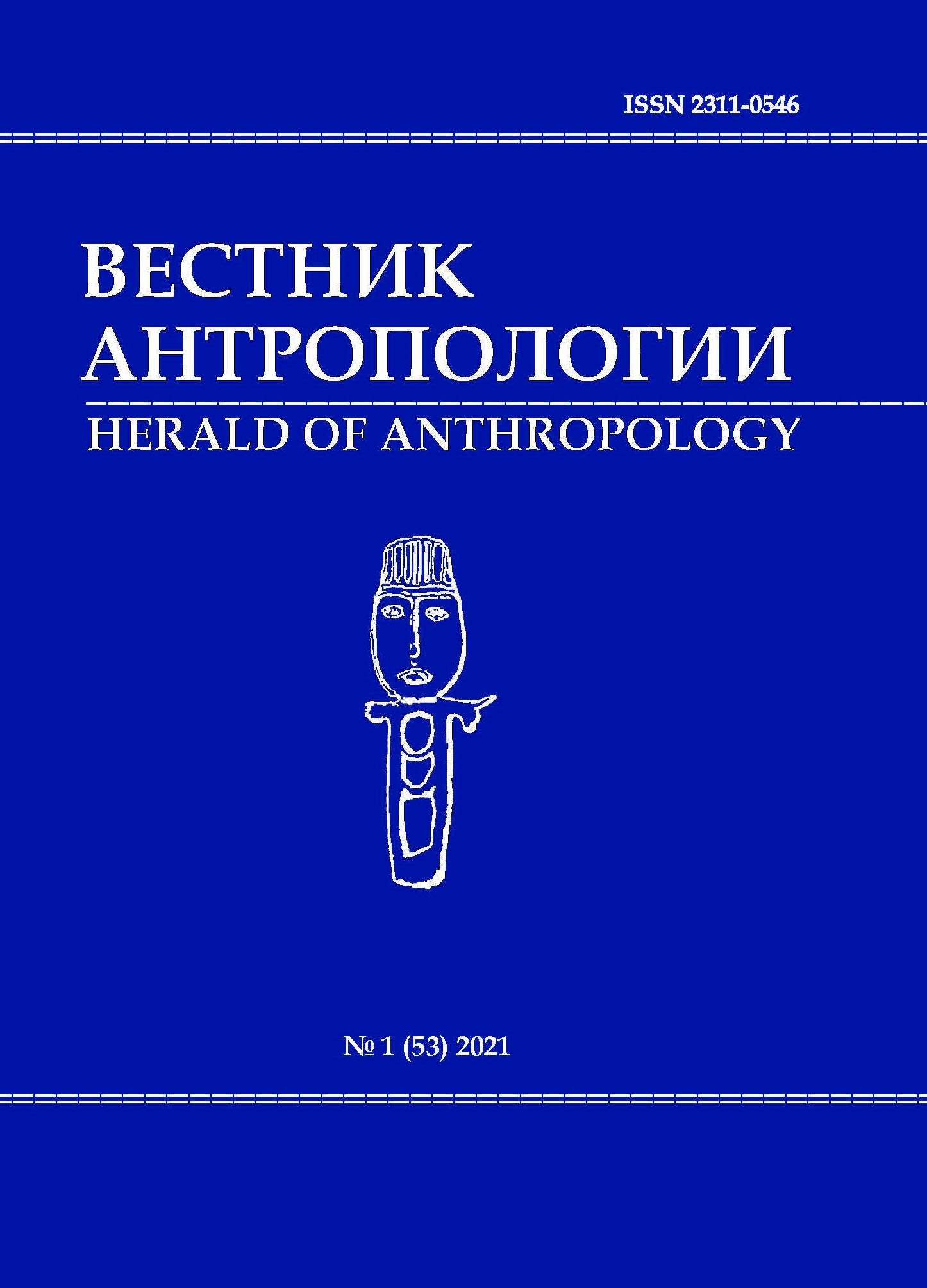Сибирские татары перед выбором – сохранить или потерять родной язык
Ключевые слова:
сибирские татары, Тюменская область, этноним татары, татарский литературный язык, сибирскотатарский язык, сохранение, изучениеАннотация
В статье рассматриваются проблемы сохранения сибирскими татарами родного языка на современном этапе исторического развития. В кратком обзоре представлены этапы изучения сибирскотатарского языка от начала XIX до начала XXI в. На основе общеизвестных источников и литературы показано, что этноним татары, которым называются разные по происхождению этнические общности Поволжья, Приуралья и Западной Сибири, является псевдоэтнонимом. Он был введён в качестве самоназвания поволжских тюрок казанским мусульманским просветителем Ш. Марджани, а в советское время стал точкой опоры для создания нового литературного языка и включения его в образовательные программы всех «татарских» школ Советского союза. При этом не учитывалось, что сибирские татары являются самостоятельным этносом, со своими уникальными языком и культурой. Основным выводом статьи является утверждение, что сегодня сибирские татары поставлены перед непростым выбором – сохранить или потерять родной язык. Сохранения языка на уровне семьи явно недостаточно. Поэтому необходимо его преподавание в школах, пропаганда в средствах массовой информации, выпуск художественной литературы на нём. Первые методические наработки в виде граматики, фонетики, графики, словарей, а также литературные произведения уже имеются. Можно вводить изучение сибирскотатарскоко языка факультативно в национальных школах и на специальных курсах при городских Центрах сибирскотатарской культуры. В настоящее время работа по сохранению сибирскотатарского языка и культуры проводится только энтузиастами. Поддержки на уровне администрации она не получает. Опираясь на старые, проверенные временем программы и методические разработки по татарскому языку и литературе, руководители органов управления образованием не видят необходимости для перехода на изучение сибирскотатарского языка и развивающейся сибирскотатарской литературы. На наш взгляд, дальнейшее игнорирование существующей проблемы повлечёт за собой усиление маргинализации сибирских татар Тюменской области и постепенной утрате ими самоидентификации.
Ссылка при цитировании: Квашнин Ю.Н., Бакиева Г.Т. Сибирские татары перед выбором – сохранить или потерять родной язык // Вестник антропологии, 2021. № 1 (53). С. 133–148.






















